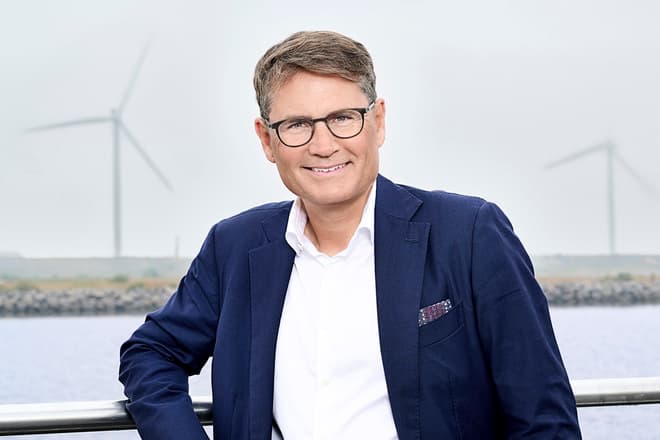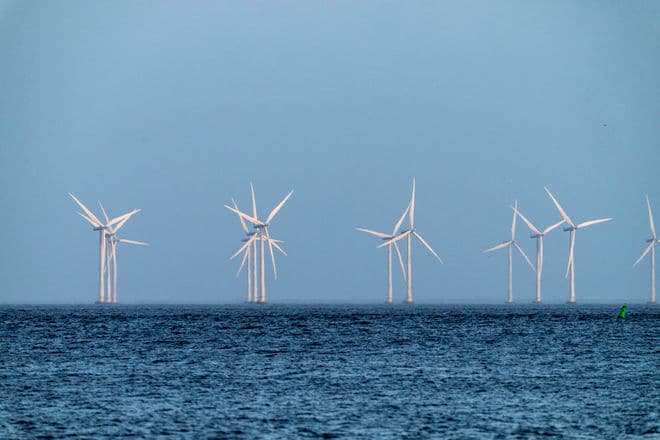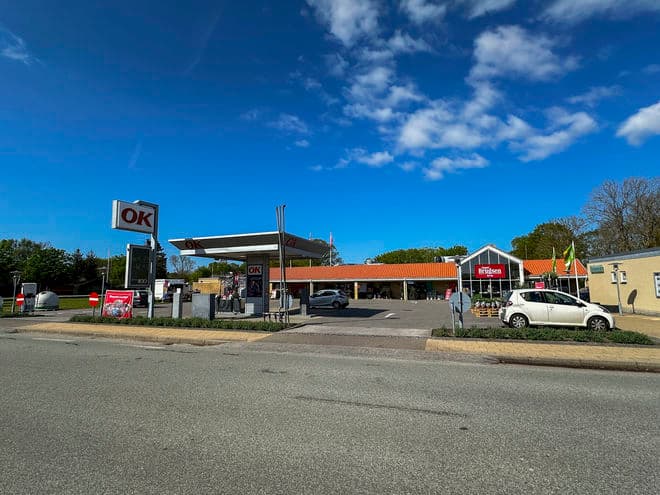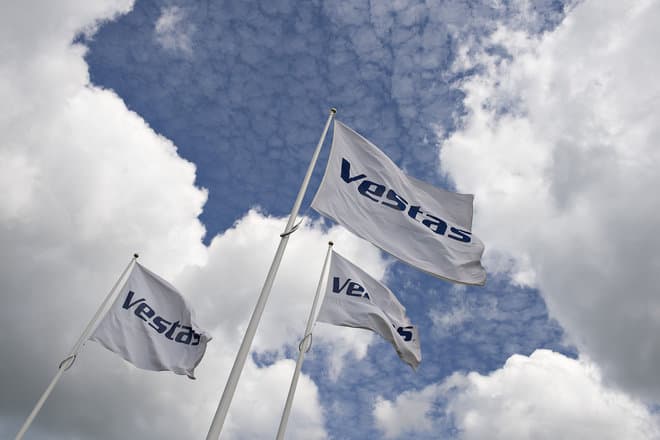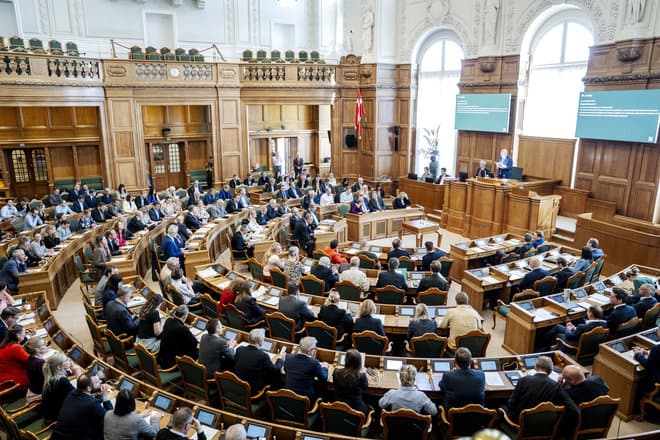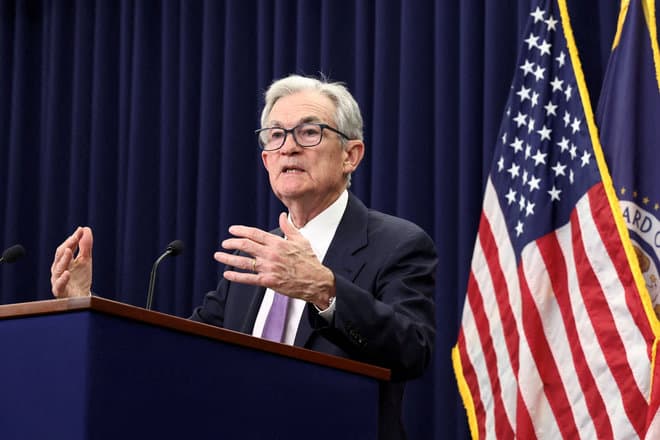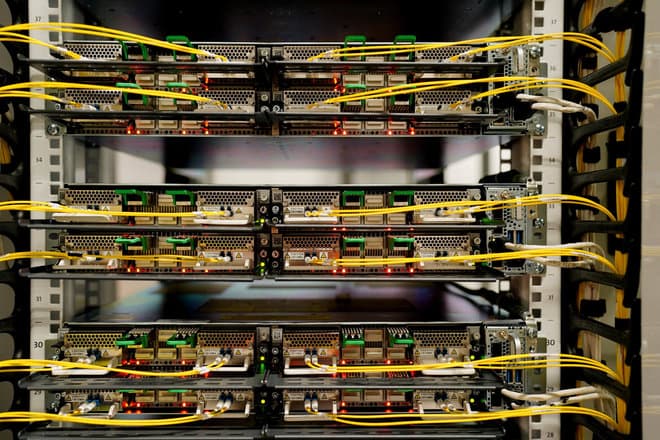If the green transition is to be prioritized, it is the finance ministers of all the world's countries who need to be persuaded. Based on this rationale, over 45 finance ministries from all over the world gathered at Kalvebod Brygge in Copenhagen last week to develop their calculation models to take climate change into account.
Climate policy measures can look either expensive or cheap for the economy, depending on the assumptions you make. This is explained by Mads Dalum Libergren, the Ministry of Finance's special representative and co-creator of the conference.
- If the finance minister is involved, it is easier to make climate policy, he says.
The conference was originally established jointly by Denmark and the USA. The first meeting was held last year in Washington D.C. However, the Americans have since withdrawn from the cooperation, and Denmark is therefore the only remaining founder and host.
Must be able to balance expenses
The crucial role of finance ministers has only become clearer recently, when climate policy has taken a turn into a new era.
- We have been in a situation where there has been a lot of focus on goals and ambitions. But we are entering a new paradigm, where it is about concrete investments. Now it is about achieving the goals, and that requires investments, says Mads Dalum Libergren.
These investments are made in sharp competition with other priorities. In every country, the Ministry of Finance must balance expenses for schools, kindergartens, new roads, doctors' salaries and, more recently, more rocket launchers and tanks.
- The money does not come by itself or because someone sets a high goal. It comes from someone making an investment plan and putting concrete numbers on it, says Mads Dalum Libergren.
Here Denmark has a concrete opportunity to help other countries along the way. Top Danish economists, in collaboration with the Ministry of Finance, have spent several years developing a new calculation model that takes climate and environmental consequences into account in the economy.
Green Reform, it is called, and it was specifically used during the negotiations on the Green Tripartite to illustrate how the prices of land and meat and the consequences for employment would develop as a result of extensive climate regulation.
In Mads Dalum Libergren's perspective, it is far from certain that the major reform of agriculture could have become a reality without the new calculation model.
- The figures we got from the model meant that we could open a debate that was perhaps less polarized and more based on a professional starting point, he says.
Great global interest
There has been great global interest in this kind of calculation science. The conference was attended by, for example, Uganda's Ministry of Finance, from which the special envoy Sam Mugume Koojo had gone to Copenhagen.
For him and his people, the droughts, heat waves and major floods caused by climate change are a concrete threat to life and livelihood.
If Uganda's Ministry of Finance learns to factor climate aspects into its economic plans, it will be easier to counteract the damage.
- An investment in climate adaptation does not look cheap. But if you know why you are investing in it, you can see that the gains will come back several times over, says Sam Mugume Koojo.
With the help of the new green calculation models, you will also be able to clarify the gains from investments in green technology, which may initially seem more expensive than the known fossil forms of production.
- Then you can understand that if you invest in green energy, you can employ more people in the future who would be unemployed if you did not do so, says Sam Mugume Koojo.
/ritzau/
Text, graphics, images, sound, and other content on this website are protected under copyright law. DK Medier reserves all rights to the content, including the right to exploit the content for the purpose of text and data mining, cf. Section 11b of the Copyright Act and Article 4 of the DSM Directive.
Customers with IP agreements/major customer agreements may only share Danish Offshore Industry articles internally for the purpose of handling specific cases. Sharing in connection with specific cases refers to journaling, archiving, or similar uses.
Customers with a personal subscription/login may not share Danish Offshore Industry articles with individuals who do not themselves have a personal subscription to Danish Offshore Industry.
Any deviation from the above requires written consent from DK Medier.









